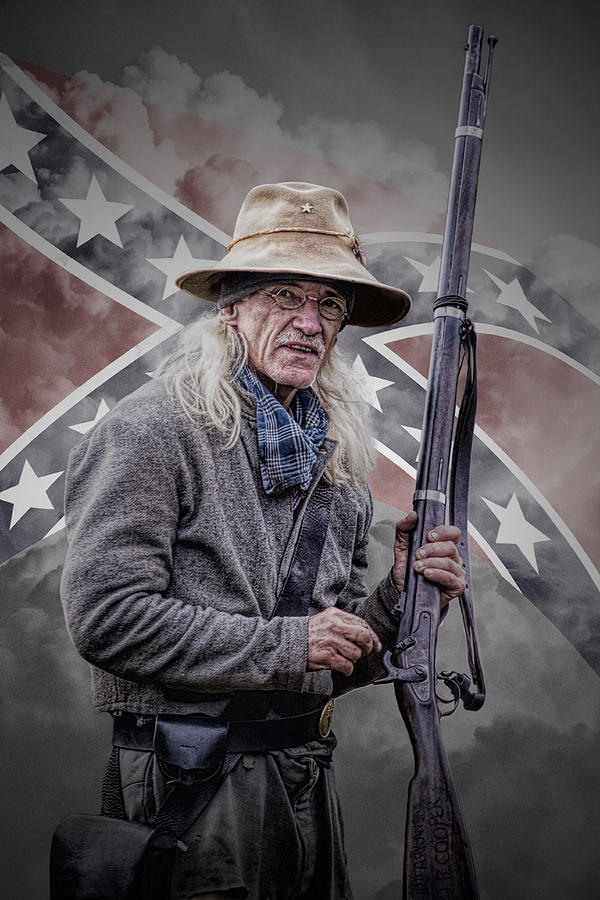Is it possible to separate the art from the artist when the art in question is so deeply intertwined with hateful ideology? The enduring question of how we grapple with the legacy of controversial figures in the arts, particularly when their work espouses views that are antithetical to basic human decency, is brought into sharp relief when examining the music of Johnny Rebel and his infamous song, "The White Man Marches On."
The search for the "right" version of a song can be a deeply personal quest, driven by nostalgia, a desire to connect with a particular moment in time, or even a craving for authenticity. For those who first encountered "The White Man Marches On" through its association with the film "American History X," the pursuit of the specific recording used in the movie becomes all-consuming. The original content contains hints of this quest, "I'm trying to find the version that plays in the movie." and also "I heard the redneck 28 version and it's not the same." This suggests a familiarity with different versions, a common occurrence when a song gains notoriety or is adapted for use in film. The desire for that specific recording the one that evokes the powerful images and themes of the film often overshadows the complex moral implications of the song itself.
The landscape of online commentary surrounding this song often reveals a fascinating blend of opinions. From the fragments of YouTube comments mentioning that, "Someone in a youtube comment said that the version that was played in the movie was written by a writer from the movie studio" to discussions on lyrics, and specific recordings, it becomes clear that "The White Man Marches On" remains a subject of ongoing debate. The song has been downloaded, streamed, and debated. The information, "Download 318 files download 114 original," hints at the song's presence in the digital sphere. It raises questions about how people find and access this content, the platforms where it is hosted, and the conversations that accompany it.
The impact of "The White Man Marches On" extends beyond mere musical analysis, triggering a deeper dive into the ethical considerations surrounding artistic expression. The lyrics themselves are deeply problematic, filled with hate speech and bigoted sentiments. The content, "My eyes have seen the glory of the trampling at the zoo, we washed ourselves in niggers blood and all the mongrels too, we're taking down the zog machine jew by jew by jew, the white man marches on," leaves no room for misinterpretation; it is a clear endorsement of white supremacist ideology. For listeners, the challenge is how to reconcile the musical aspect of the song with its abhorrent message. Can the song's musical qualities be separated from its hateful message? Or does the content of the lyrics forever taint any aesthetic appreciation?
The fact that this song is included in the film "American History X" adds another layer of complexity. The movie itself explores the themes of racism and hate, making the use of the song a part of the narrative. But this further amplifies the questions surrounding artistic intent. The song is being used to represent hate; is it then a condemnation of the song, or an endorsement? In the context of the film, the songs hateful message works in synergy with the visual representation of racist behavior and ideology, thus creating a more holistic and powerful anti-racism film.
The song's existence is noted in other online spaces; on March 4, 2024, the details of the song were shared, "March 4, 2024 1 song, 1 minute 2024 1397120 records dk johnny rebel." These details confirm that the song is still being recorded and distributed. This serves as a reminder of the importance of keeping a critical eye on all art forms.
The content "We did not find results for:" and "Check spelling or type a new query." suggests that the artist's name or the song's title might have become censored or filtered on certain platforms. The search results for a song that promotes hate speech and white supremacy is frequently controlled, to prevent hate speech from spreading. The constant battle that online platforms engage in to try to control the spread of hate speech, is a battle between the freedom of speech and the need to keep such speech off these platforms.
The enduring question surrounding "The White Man Marches On" is not just about its musical merits, but its role in promoting hate speech and intolerance. The availability of the song online and its presence in film and other media requires individuals to exercise a degree of critical thinking and moral reflection. Whether someone chooses to engage with the song or actively avoid it, it remains a powerful example of the complexities of art, the artist, and the society in which both exist.
The song lyrics, quoted in the provided content, speak for themselves. The music and message are intrinsically and inextricably intertwined.
| Attribute | Details |
|---|---|
| Real Name | David Allan Lane |
| Born | July 28, 1938 |
| Died | March 4, 2007 |
| Occupation | Singer-songwriter, Musician |
| Genre | Country, novelty, and white supremacist music |
| Known for | Racially inflammatory songs |
| Associated acts | None |
| Political Views | White Supremacist |
| Key Songs | "The White Man Marches On", "Nigger, Nigger", "Coon Town" |
| Controversies | Use of racial slurs and promotion of white supremacist views |
| Related Websites | Wikipedia |
The echoes of controversy, particularly concerning "The White Man Marches On," illuminate the ongoing challenges society faces when grappling with hateful ideologies that use artistic expression as their vehicle. This case demonstrates the need for critical reflection, historical context, and a determination to understand both the music and the artist's context.


